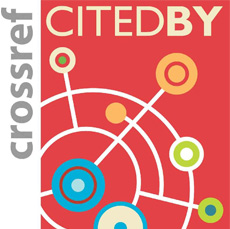ISSN : 2288-5412(Online)
DOI : http://dx.doi.org/10.14354/yjk.2004.22.5
The anti-self in Yeats's Per Amica Silentia Lunae
Abstract
"Ego Dominus Tuss" is a dialogue between two men, Hic and Ille, who discusspoetry and creative process. Ille, like Yeats, is a daimonic poet walking in themoonlight. For Yeats, lunar and subjective were always the antitheses to solar andobjective. Poesis called for complete subjectivity, for entry into the friendly silenceof the moon. The moon is always associated with feminine divinity. With the helpof a mask, Ille is calling to the opposite of his daily self, his anti-self. In the endof the poem, Ille found his anti-self.
In Anima Hominis Yeats said that the saint like Christ and Buddha, and thepoets like Dante and Keats attained the anti-self. The anti-self is a egoless self, thehigher self. Saint, hero, and poet are all inspired. Yeats said, "Saint or hero worksin his own flesh and blood and not in paper or parchment, have more deliberateunderstanding of that other flesh and blood." Only when Yeats became the anti-selfcould he become a totally subjective mind, overcome the illusion of duality, andfind a "revelation of realty." Yeats could receive daimonic inspiration only during visionary experiences.
Finally Yeats found the anti-self he felt ecstasy. According to his theory, theproduction of art was an expression of the artist's longing for "Unity of Being." InPer Amica silentia Lunae Yeats said "the poet, because he may not stand withinthe sacred house but lives amid the whirlwinds that beset its threshold, may findhis pardon."
예이츠의 『달의 친절한 침묵을 통하여』에 나타난 반자아
초록
-
-
Submission : JAMS
https://yjk.jams.or.kr/
-
YSK
The Yeats Society of Korea
-
Editorial Office
Contact Information- Tel: +82-2-2220-4477
- E-mail: ilhwan_y@hanyang.ac.kr -

-

-

-

-

-





